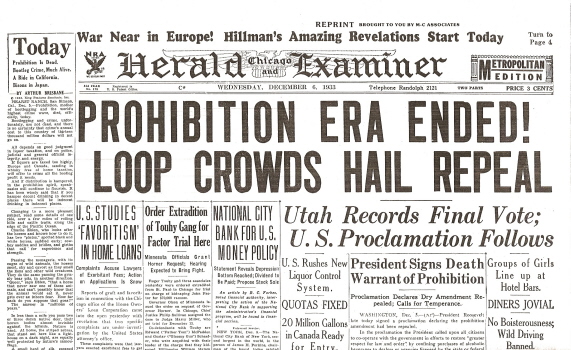A rare, leaked UN document reveals deep divisions among member-states about the war on drugs, with many nations
demanding treatment and decriminalization instead of prohibition.
The draft document, dating from September, is from the UN's attempt to
set a global policy on drugs and drug trafficking. The document shows
Ecuador demanding an official statement "that the world needs to look
beyond prohibition" and Venezuela seeking recognition of "the economic
implications of the current dominating health and law enforcement
approach in tackling the world drug problem." Other dissenters include
Norway, Switzerland and the EU.
The divisions highlighted in the draft are potentially important. The
document will form the basis of a joint "high-level" statement on drugs
to be published in the spring, setting out the UN's thinking. This will
then pave the way for a general assembly review, an event that occurs
every 10 years, and, in 2016, will confirm the UN's position for the
next decade. "The idea that there is a global consensus on drugs policy
is fake," said Damon Barrett, deputy director of the charity Harm
Reduction International. "The differences have been there for a long
time, but you rarely get to see them. It all gets whittled down to the
lowest common denominator, when all you see is agreement. But it's
interesting to see now what they are arguing about."
The current review, taking place in Vienna at the UN Commission on
Narcotic Drugs, comes after South American countries threw down the
gauntlet to the US at this year's Organisation of American States summit
meeting, when they argued that alternatives to prohibition must be
considered.
Countries such as Colombia, Guatemala and Mexico have become
increasingly critical of the UN's prohibition stance, claiming that
maintaining the status quo plays into the hands of the cartels and
paramilitary groups.
The draft reveals that Ecuador is pushing the UN to include a statement
that recognises that the world needs to look beyond prohibition. Its
submission claims there is "a need for more effective results in
addressing the world drug problem" that will encourage "deliberations on
different approaches that could be more efficient and effective".


No comments:
Post a Comment